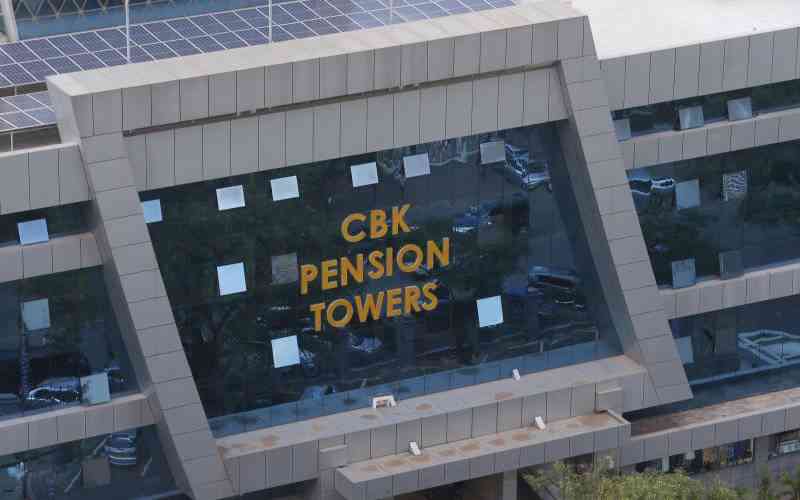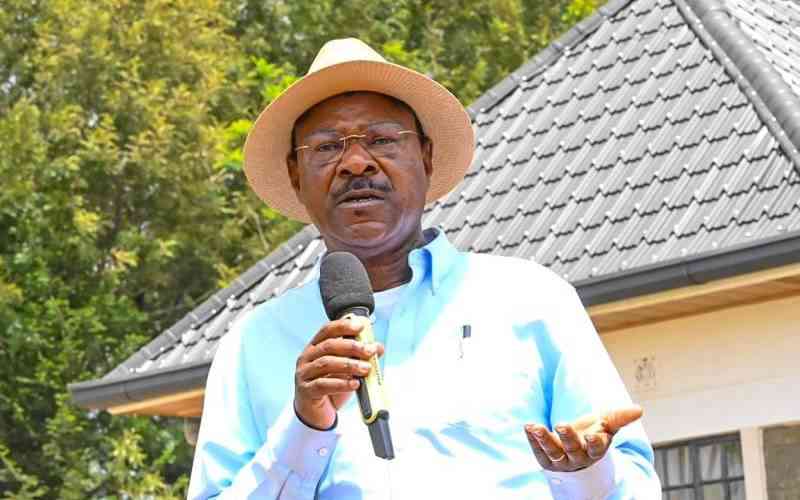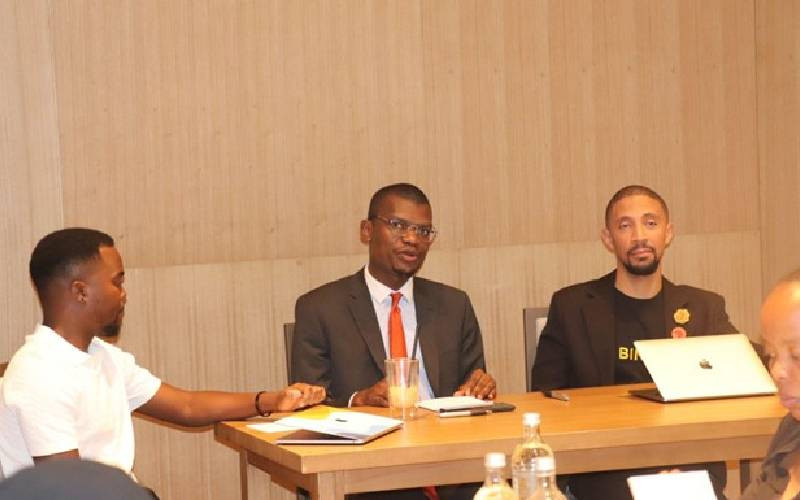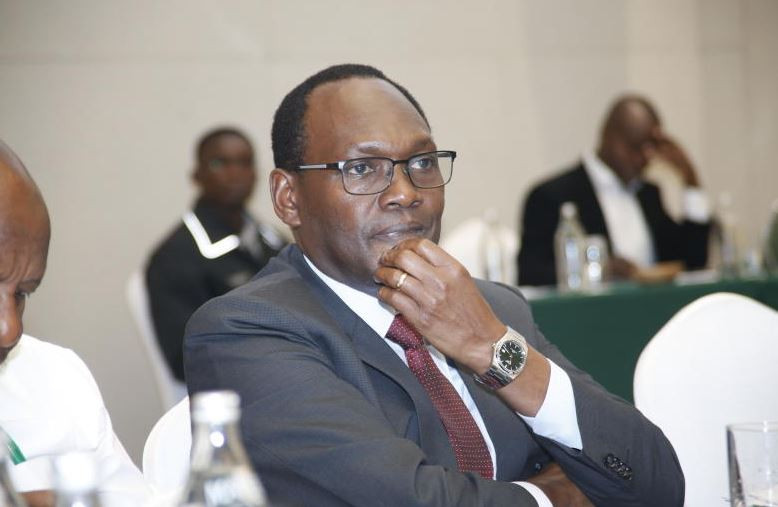
The National Treasury says it is taking concrete measures to prevent the country’s debt from spiralling out of control.
Kenya’s public debt now stands at Sh11.5 trillion, with the external debt stock of Sh5.3 trillion representing 46.4 per cent of total debt, while domestic debt is now at Sh6.2 trillion.
“The external debt is majorly owed to multilateral creditors at highly concessional terms while domestic debt is largely held by commercial banks and pension funds in Treasury bonds,” said National Treasury Principal Secretary Chris Kiptoo yesterday.
Dr Kiptoo was appearing before the National Assembly Committee on Public Debt and Privatisation to respond to queries on the status of public debt.
When asked how the government plans on managing the country’s debt situation, he said it would fully automate the debt servicing processes to enhance accountability and resource management.
Treasury believes this will enable traceable workflows, electronic approvals and enhanced reconciliation, ultimately supporting accuracy, timeliness and long-term efficiency in public debt management.

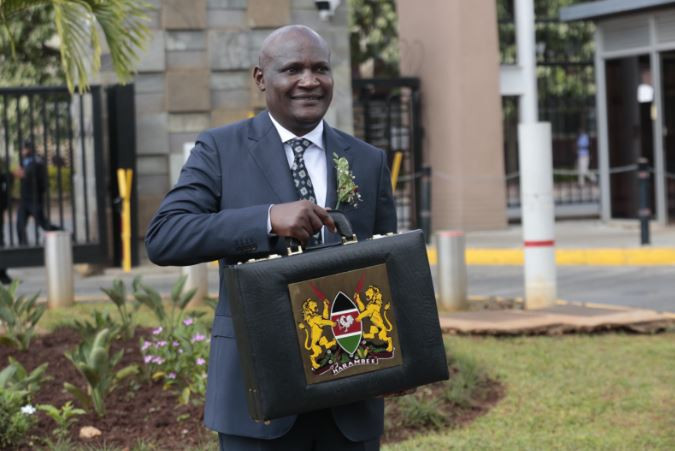
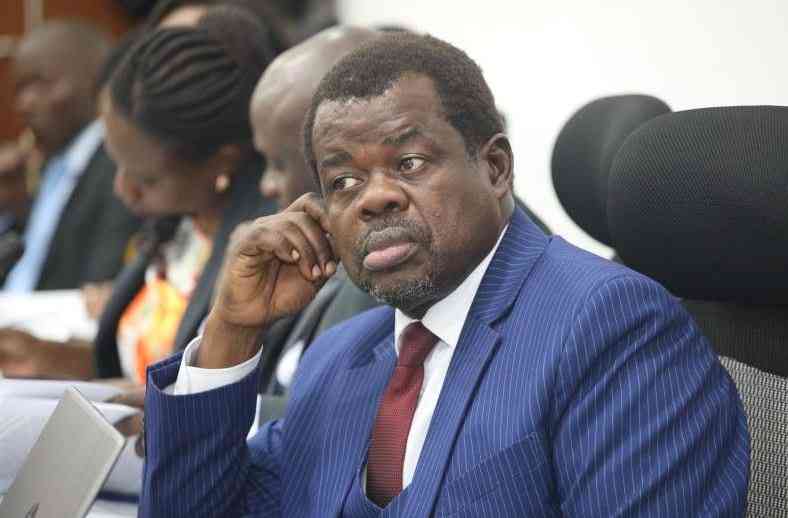
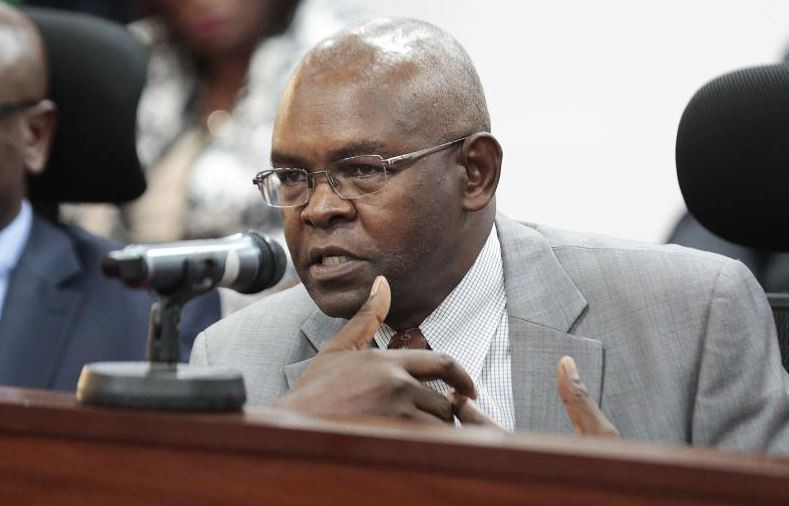
“Treasury has developed and approved a Business Requirements document for automating the Public Debt Payment process,” said PS Kiptoo. The 2025-2026 budget fiscal deficit, including grants, is estimated at Sh876.1 billion, which amounts to 4.5 per cent of Gross Domestic Product.
According to the Treasury, this deficit will be financed by a net external financing of Sh284.2 billion and a net domestic financing of Sh591.9 billion.
Similarly, the government has developed several reforms, including revenue and expenditure ones, which it expects to help ease the burden on taxpayers.
This, the PS said, would help the government achieve through automation and digitisation at the Kenya Revenue Authority (KRA).
At the same time, he said the government continues to rationalise and reduce non-essential expenditure to minimise wastage of public funds.
Dr Kiptoo said the government will also enforce the use of an end-to-end e-procurement system that will help maximise value for money and increase transparency in the procurement process.
“We are training all government institutions. Its success will ensure transparency, accountability, and manage expenditure cost to the government and suppliers,” said the PS, adding that Treasury would roll out the programme on July 1.
Revamping the public service pension administration through digitisation, he said, also forms part of the measures to ensure prudent utilisation of public funds.
Stay informed. Subscribe to our newsletter

